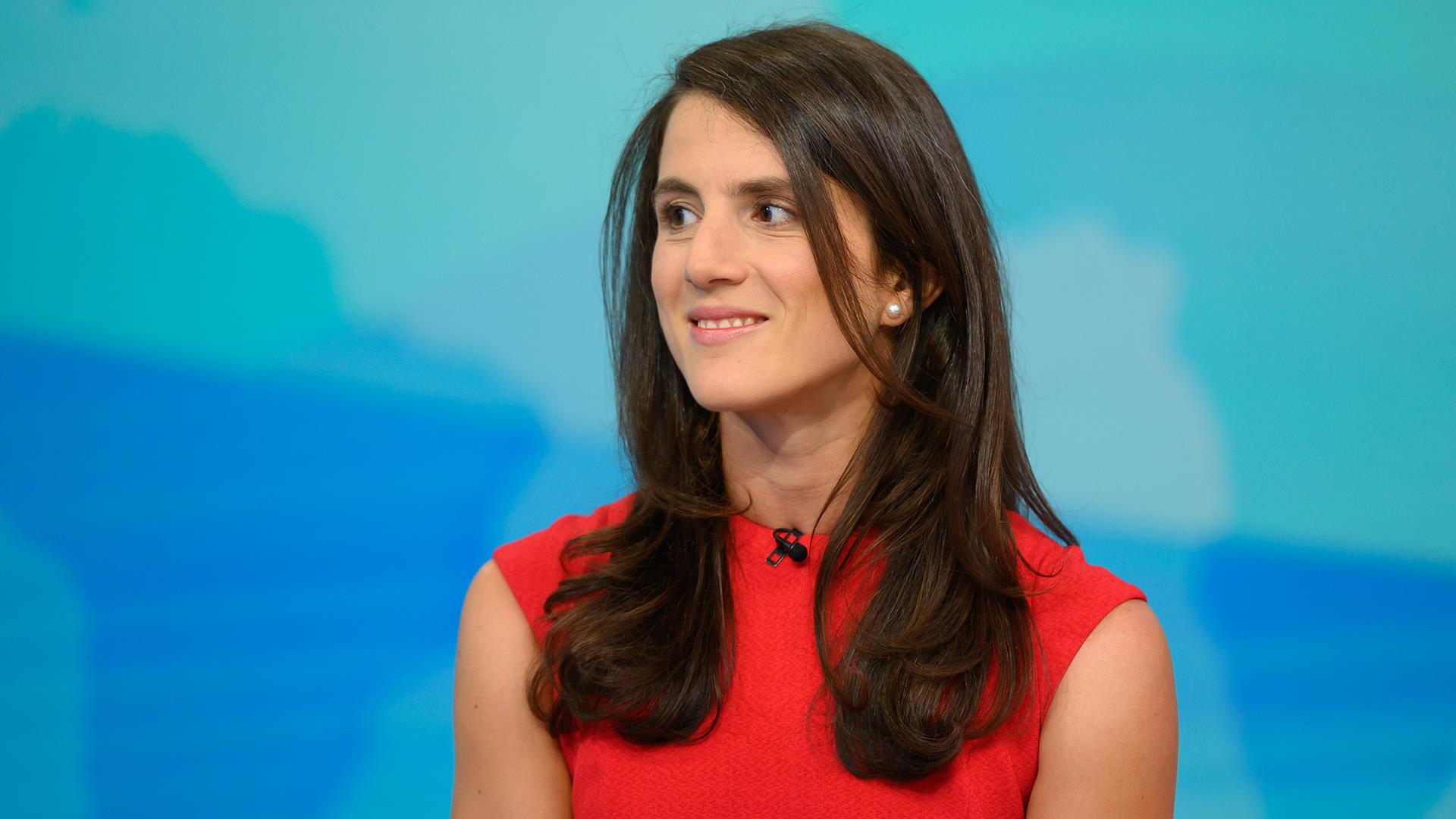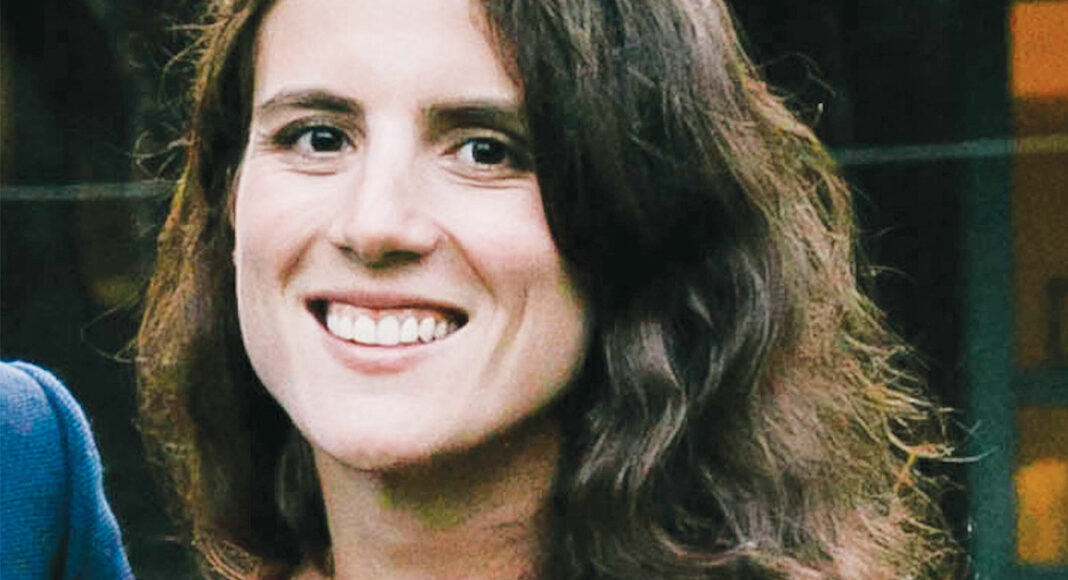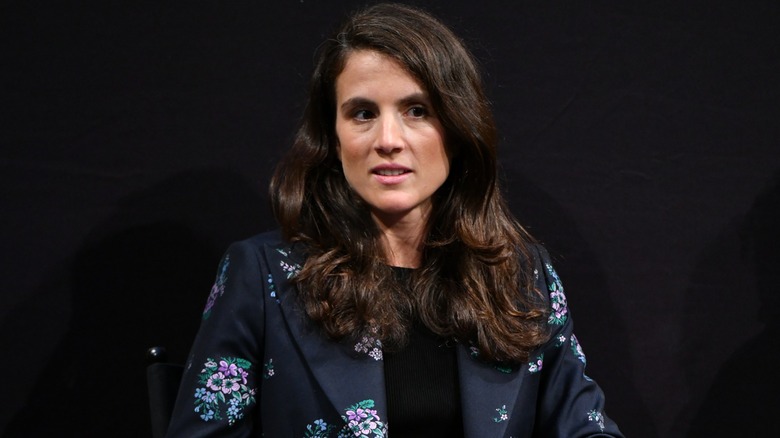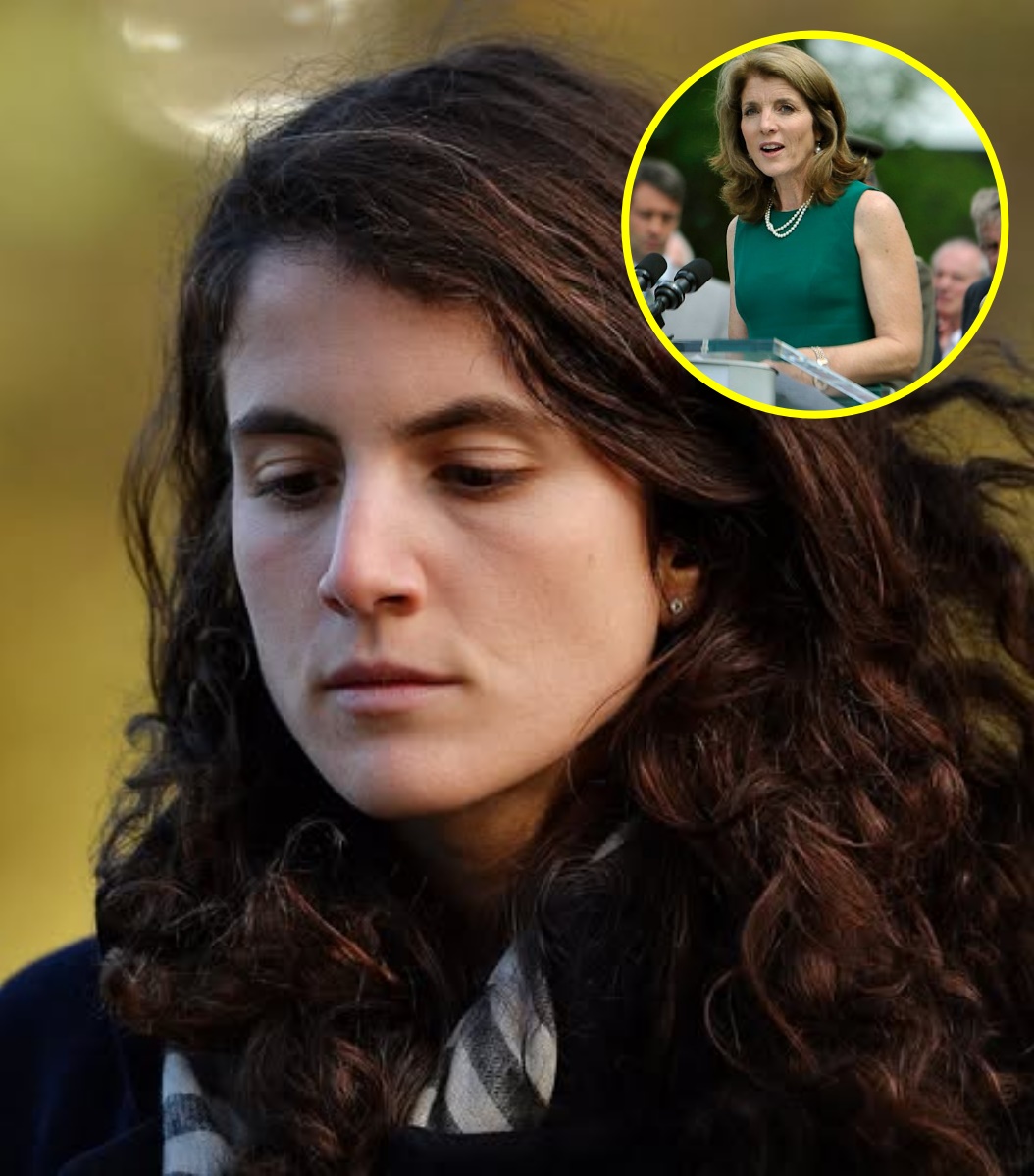Tatiana Schlossberg, an accomplished environmental journalist, author, and granddaughter of President John F. Kennedy and Jacqueline Kennedy Onassis, has revealed that she is living with terminal cancer. In a deeply personal and emotionally resonant essay titled “A Battle with My Blood,” published in The New Yorker, she shared her diagnosis of acute myeloid leukemia and reflected on the impact the illness has had on her family, her identity, and her understanding of time.
Her announcement coincided with the anniversary of President Kennedy’s assassination — a date that already carries heavy emotional significance for the Kennedy family. Yet in her piece, Schlossberg resisted framing her experience as another chapter in the family’s long history of public grief. Instead, she described the diagnosis as an intimate, human struggle that has reshaped her relationship with her loved ones and with her own expectations of the future.
A Diagnosis That Changed Everything
Schlossberg recounted that her illness began shortly after the birth of her second child. What she initially assumed were normal postpartum symptoms soon escalated into something far more concerning. Doctors eventually diagnosed her with acute myeloid leukemia, further complicated by a rare mutation known as Inversion 3.
The speed with which her life changed was staggering. One moment she was adjusting to the routines of new motherhood; the next she was being ushered into a world of emergency treatments, complex therapies, and the frightening uncertainty of life-threatening illness.
“When I was diagnosed with leukemia, my first thought was that this couldn’t be happening to me, to my family,” she wrote. The disbelief was immediate — but so was the awareness that her diagnosis was not hers alone. It would deeply affect her husband, her children, her mother, and her siblings.
The People Who Stood With Her

Throughout the essay, Schlossberg wrote with tremendous gratitude for the people who carried her through the darkest hours of her illness.
Her Husband
She described her husband with striking warmth, praising his stability, kindness, and unshakeable presence.
“He is perfect,” she wrote, “and I feel so cheated and so sad that I don’t get to keep living the wonderful life I had with this kind, funny, handsome genius I managed to find.”
During her hospitalizations, he cared not only for her but also for their children, maintaining a sense of normalcy even as their family’s world shifted dramatically.
Her Sister and Brother
Schlossberg’s sister became her stem-cell donor, offering her the possibility of remission. Her brother, though only a half-match, advocated relentlessly with her medical team, asking whether his cells might still be useful “just in case.”
The anecdote highlighted the closeness of the siblings — a relationship deepened by the pressure of confronting a life-limiting illness together.
The Medical Team
She expressed admiration for the doctors and nurses who guided her through the most grueling phases of treatment. Their calmness, technical skill, and compassion offered a sense of safety at moments when her body felt unpredictable and unfamiliar.
Treatment, Remission, and Relapse

Schlossberg described in exacting detail the physical and emotional toll of her treatments. From the first rounds of chemotherapy to more advanced interventions such as CAR-T therapy, she chronicled the internal changes she experienced — not only the physical pain but also the psychological disorientation that comes from living in a hospital room for weeks at a time.
For a period, the treatment worked. She went into remission. But the remission did not hold.
The relapse that followed forced her to grapple with the reality of a limited future. Instead of writing with anger or bitterness, she approached the subject with unflinching clarity, acknowledging both the fear and the gratitude that coexist in moments of profound vulnerability.
A Divided Family in a Divisive Time

One of the most widely discussed passages in the essay concerns her cousin, Robert F. Kennedy Jr., now a public figure occupying a federal role in the Trump administration. Schlossberg addressed his political positions not as a public commentator, but as someone whose personal life intersects directly with the consequences of federal healthcare policy.
She wrote candidly about her concerns regarding scientific research funding, access to cancer treatments, and medications essential to reproductive and emergency health care. She stressed that her reflections were rooted not in political rivalry, but in lived experience — the lived experience of a patient who depends on the stability of medical institutions and regulatory decisions.
Schlossberg acknowledged the tension this created within her family, noting that the public visibility of her cousin’s positions often weighed on her during periods of intensive treatment.
The Shadow of Kennedy History
Schlossberg addressed her family legacy with a mixture of respect, grief, and emotional complexity. As the daughter of Caroline Kennedy, she grew up under the lingering shadow of national tragedy — her grandfather’s assassination, the accident that claimed the life of John F. Kennedy Jr., and the cancer that took her grandmother, Jacqueline Kennedy Onassis.
“For my whole life, I have tried to be good,” she wrote. “To be a good student and a good sister and a good daughter, and to protect my mother and never make her upset or angry.”
Her diagnosis brought a sense of guilt — not rational guilt, but the emotional instinct of someone who has always felt responsible for the well-being of those she loves.
“Now I have added a new tragedy to her life, to our family’s life, and there’s nothing I can do to stop it.”
It was one of the most heartbreaking lines in the essay, illustrating the impossible weight a child carries when they fear their suffering will hurt their parents.
Living in the Present
Despite the heavy themes that run through her writing, Schlossberg’s essay ends on a note of presence and tenderness. She focuses on her two children — the routines of daily life, the vividness of their voices, the fleeting but luminous moments of ordinary joy.
She admits that living in the present is not easy. The mind wanders, memories blur, fears intrude. Yet she tries.
“So many of them are from my childhood that I feel as if I’m watching myself and my kids grow up at the same time,” she wrote.
There is no sentimentality in her reflections. Instead, they feel grounded, truthful, and deeply human — the thoughts of someone who is confronting mortality while still fiercely attached to life.
A Family Moving Forward

Her brother, Jack Schlossberg, announced his congressional campaign only weeks before Tatiana’s essay was published. His statement on social media — “Life is short — let it rip” — resonated strongly with readers after the essay appeared, reflecting both the urgency of the moment and the family’s continued commitment to public service.
Schlossberg herself ended her narrative without speculation about what comes next. Instead, she returned to the idea of memory — the fierce desire to hold on to the moments she loves, even as she acknowledges that time may not grant her that luxury.
“I will keep trying to remember,” she wrote.
A Story of Courage, Clarity, and Love
Tatiana Schlossberg’s essay is not a political statement, nor a historical reflection, nor a meditation on legacy. It is, above all, a portrait of a woman confronting terminal illness with honesty and grace. It is an intimate account of a family’s devotion, the fragility of life, and the painful beauty of trying to remain present in the time one has left.
Her story is a reminder that even in families known for public triumphs and public tragedies, private battles remain profoundly personal — fought quietly, bravely, and with love at their center.

